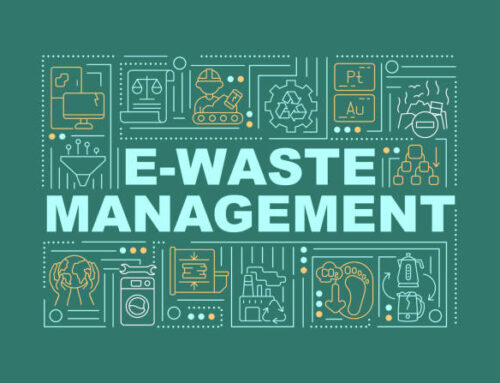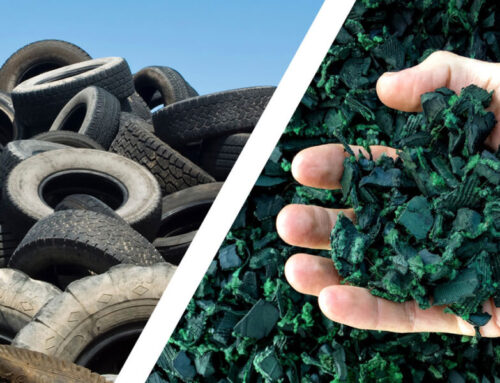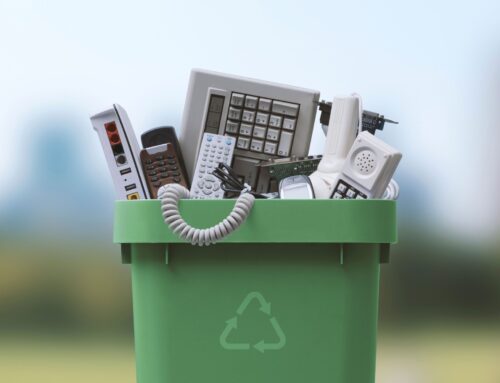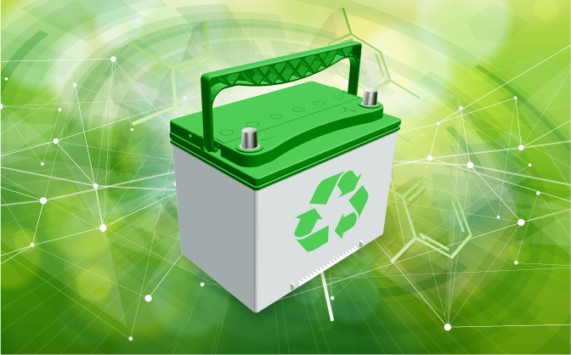
Battery Recycling: A Necessary Move
What is Battery Recycling?
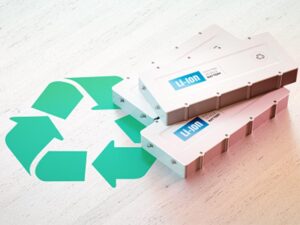 Battery recycling is the activity of reusing and reprocessing batteries to reduce the number of batteries discarded as garbage. Batteries contain a variety of toxic compounds and heavy metals, and their disposal has raised environmental issues owing to the pollution of soil and water. As a result, batteries must get recycled to provide health and environmental benefits.
Battery recycling is the activity of reusing and reprocessing batteries to reduce the number of batteries discarded as garbage. Batteries contain a variety of toxic compounds and heavy metals, and their disposal has raised environmental issues owing to the pollution of soil and water. As a result, batteries must get recycled to provide health and environmental benefits.
Typically, you may utilize a battery to power many gadgets. Phones, automobiles, and lighting are examples of such equipment. As an additional source of power, batteries may get used to power a residence. Various companies like the battery recycler company in Delhi and the Battery recycler company in Noida often recycle batteries in a proper form.
Batteries can no longer get used indefinitely. They eventually become spoiled or non-functional. This is when battery recycling comes into play. Battery recycling is the processing of used batteries. The idea is to guarantee that they can get reused rather than discarded. This is critical since it minimizes the number of batteries that are incorrectly disposed of.
You should be aware that batteries contain toxic chemicals and metals. Furthermore, when batteries get disposed of regularly, their components may pollute water and land. As a result, it would be preferable if you protected the environment from these negative impacts. Furthermore, recycling reduces the demand for fresh battery manufacture, which adds to global material waste.
Benefits of Battery Recycling:
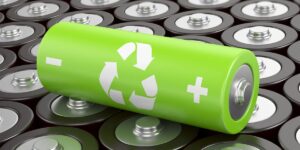 Here are 5 things that the battery recycler company does to recycle batteries to benefit both the ecosystem and the globe:
Here are 5 things that the battery recycler company does to recycle batteries to benefit both the ecosystem and the globe:
Non-Renewable Resource Conservation:
Recycling batteries allows us to preserve raw resources that humans cannot replenish. Recyclers, for example, save metals and environmental assets by reusing outdated or discarded items. This allows other manufacturers to utilize the resources for future advances.
Recycling Batteries Reduces Pollution:
Improperly dumping batteries might cause the toxins to wash away. The hazardous substances may mix with the air and leak into the water or soil. Recycling batteries avoids interaction with the environment and pollutants.
Saves Energy:
Battery Recycling saves energy since the production of new batteries consumes a lot of energy. Manufacturers, on the other hand, spend less energy when outdated batteries get recycled. Recycling conserves the energy consumed in the manufacture of new batteries. Manufacturers can put the electricity to better use.
Recycling Creates Additional Jobs:
Recycling facilities require workers to complete the entire process. As a result, additional employment is available as a result of battery recycling in the battery recycler company. Recycling is beneficial to both humans and the environment.
Recycling Process of Batteries:

The components of batteries differ. Lead, nickel-metal hydride (Ni-MH), lithium-ion (Li-ion), lithium-ion polymer, nickel-cadmium (Ni-Cd), nickel-zinc, and alkaline are among these components. These components get used to building various batteries by manufacturers. These batteries might also differ in their function, power, and recycling procedure.
Alkaline Zinc-Carbon Batteries:
Alkaline batteries get recycled by a mechanical process that requires disassembling the battery pieces. The first step, like with lead batteries and all other batteries, is to gather old alkaline batteries. After disassembling, the batteries get sorted.
Recyclers extract three pieces from the batteries after dismantling them. Steel parts, plastics, and paper elements, and zinc and manganese components make up the parts. These materials get processed at recycling facilities before getting retrieved by manufacturers to make new items.
Nickel Metal Hydride, Lithium Ion, Nickel-Cadmium Batteries:
Lithium-ion batteries are renewable batteries that get utilized in automobiles and devices. Rechargeable nickel-based batteries get employed in cars and portable gadgets such as cameras. In the recycling process, these batteries are comparable. They also have certain commonalities with lead-acid batteries in the recycling process.
Here, the components of lithium-ion and nickel-based batteries go through a process called as High-Temperature Metal Reclamation. Metals extracted from batteries get extracted. Metals such as chromium, manganese, nickel, and iron get obtained through this process and utilized to create new goods.

